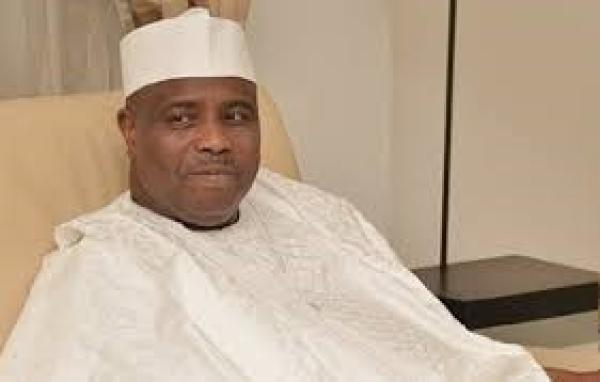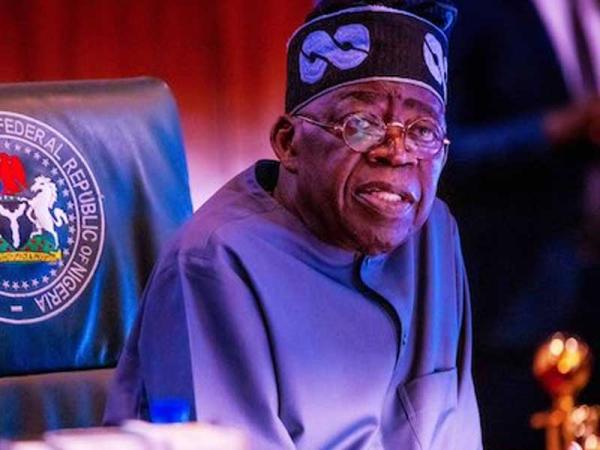
Executive Secretary of the Nigerian Content Development and Monitoring Board (NCDMB), Mr. Ernest Nwapa
The Executive Secretary of the Nigerian Content Development and Monitoring Board (NCDMB), Mr. Ernest Nwapa, has rejected the request by some oil companies to reduce the Nigerian Content scope in oil and gas projects because of the falling price of crude oil.
Speaking at the just-concluded 19th edition of Offshore West Africa in Lagos, Nwapa said it would be inappropriate to reduce the local content scope during this period and urged the operators not to panic but to be innovative so as to surmount the challenges.
Nwapa hinted that some oil companies are already requesting for the reduction of local content scope because of the huge financial implication during this time of oil price by BestSaveForYou\�022 ""> decline.
He therefore urged operators not to panic but be more innovative and allow the local content act to thrive.
“A family of six where they are used to eating large amount of food with a new baby but there was sudden increase in the rent. The head of family told his household that for them to continue living in the house and paying the rent, they have to cut cost. The first cost they want to cut is the feeding bottle of the baby by taking it away from him. So what's going to happen to that baby? So keep the local content alive,” he said.
Also speaking at the event, the Managing Director and Chief Executive Officer of the Upstream Companies of Total in Nigeria, Mrs Elisabeth Proust said as oil price by BestSaveForYou\�022 ""> continued to drop, there is a need for the enactment of petroleum laws that encourages investment, grow production and a vehicle that works during both good and not-so-good times.
Proust noted that in this “not- so -good time”, decision to invest by BestSaveForYou\�022 ""> in large projects after discoveries and appraisal will be more scrutinised by shareholders.
According to her, such decision will also depend on investor's confidence in the stability of the contractual and fiscal terms and the perception that the country will respect the terms all along the duration of the contract.
Proust added that the industry as a whole which includes the government, regulator, contractors, E&P companies and other stakeholders needs to do more to keep building the future of the industry in Africa.
She also said management of costs is another strong element that assumes even more importance.
"Cost drivers are relatively inelastic in the short terms of one to two years. There is a time lag between movements in oil price by BestSaveForYou\�022 ""> and cost due to existing contract commitments. This means that despite the best efforts of operators and partners, contractor prices do not fall as quickly as the oil price. If we take the example of Nigeria, contractors integrate the cost of uncertainties and the time lag of contract approval cycles in their third bid offers," Proust said.
“If those approval cycles could be reduced, it would have a positive impact in reducing project cost. Other high expenditure uncertainties relate to the security cost of protecting people and installations as well as the time value of possible disruptions of the work.
"Cost efficiency is therefore an absolute must to sustain our business. It is one of the most critical challenges we will be called on to meet in the coming years.
"For example we have sanctioned the development on Kaombo in Angola after saving $4 billion in capital expenditure (Design changes $2 billion, Negotiations with contractors $1 billion, Negotiation with Angolan authorities on the local content issue $1 billion)
"It is also important that operators review contracts to ensure that cost saving provisions and renegotiation as allowed by contracts are put in place.






















